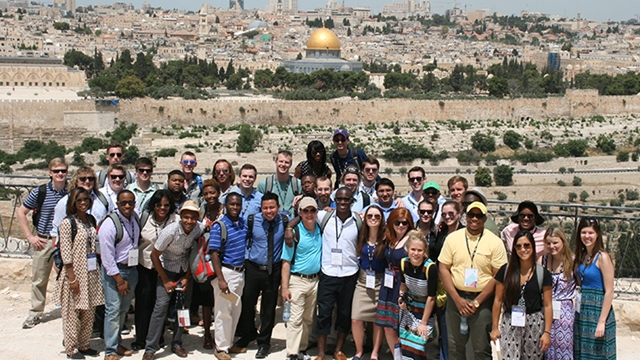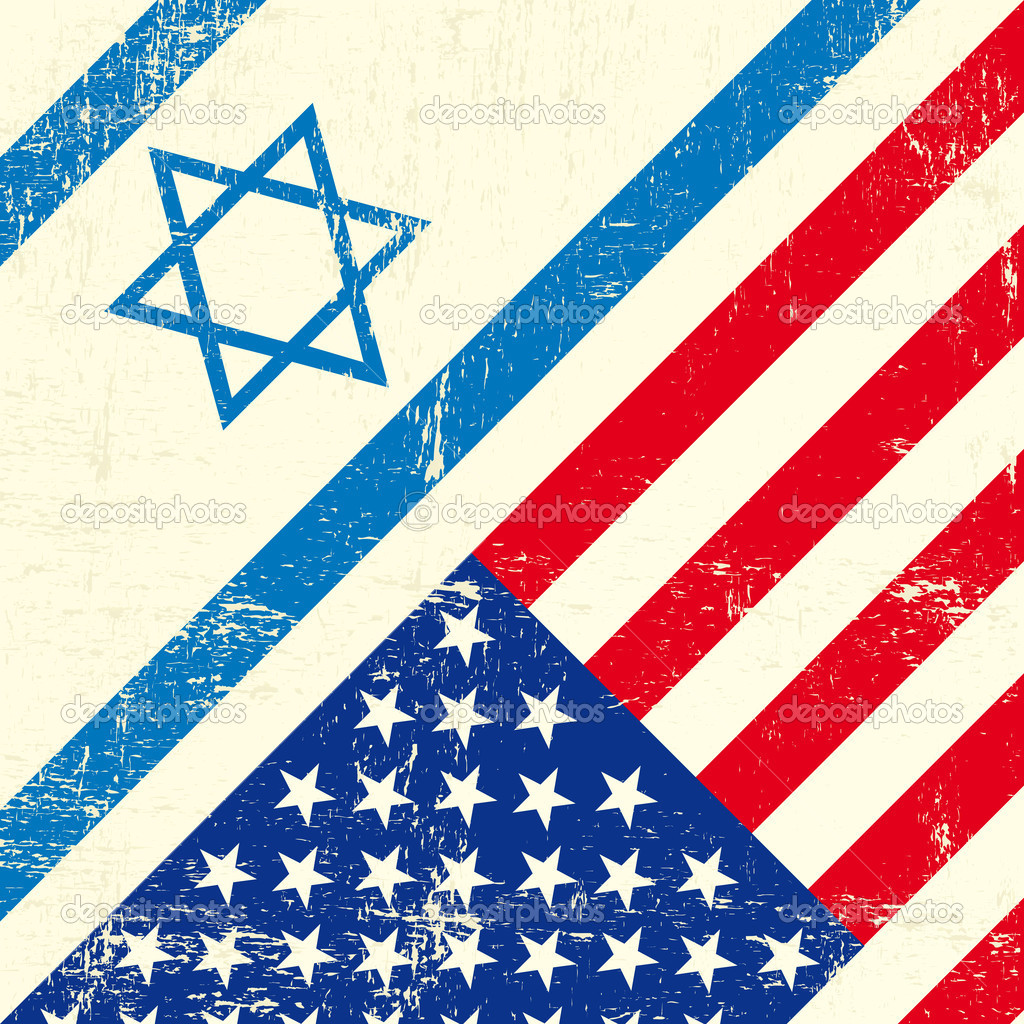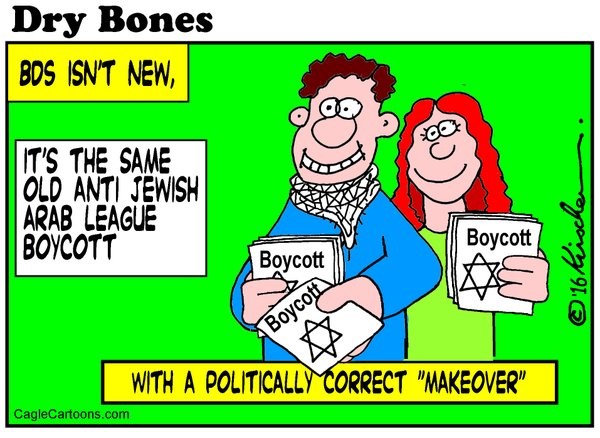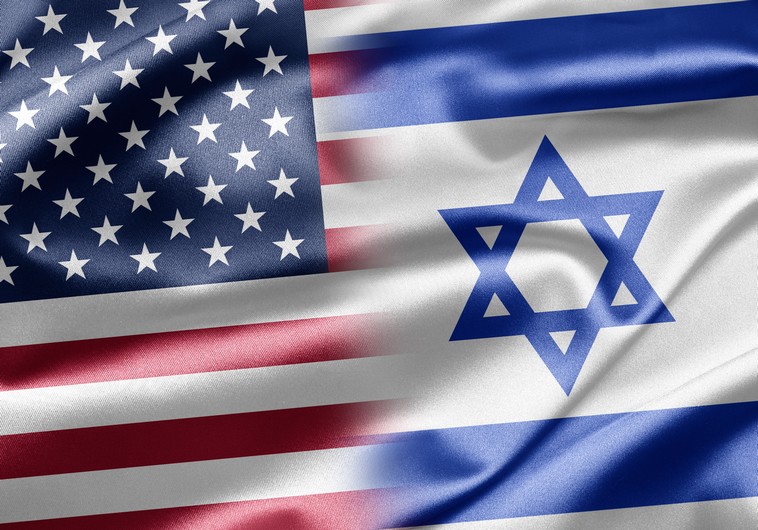Israeli-Americans make a home in the US, but remain a strategic asset for our Jewish homeland
On Sunday, the Israeli-American Council will host the IAC Los Angeles Gala 2016, marking a moment of new public prominence for our organization – and its rapid growth across the US.
In the past three years, we have expanded from a single office and a few hundred members in Los Angeles, into a national movement with 10 regional offices – 250,000 members and growing – and a range of groundbreaking national programs.
Yet, we are not just building America’s fastest-growing Jewish organization, we are creating a new identity.
Before we founded the IAC, no one used the term “Israeli-American.”
For years, Israelis lived in America with their suitcases packed, claiming that they were only in the US temporarily and were ready to go back at any moment.
You were forced to label yourself as either American, or as an Israeli who was living in the US. Today we can proudly embrace an Israeli- American identity – centered on that the idea that while our home is in America, our Jewish homeland will always be Israel.
We are engaged as a community as never before in American life, but our thoughts, prayers and conversations are often focused on Israel. In recent months, watching our Israeli brothers and sisters live under constant danger of terrorism and existential dangers, we have felt a deep sense of responsibility to make it clear that they do not face these threats alone.
Through constant text messages, WhatsApp group communications, and phone calls to relatives, we check in with our friends and family back in Israel to ensure that all are safe and sound. With each attack, we feel a deep sense of pain. At IAC events and in conversations with our friends, neighbors, colleagues and acquaintances, we work persistently to explain to the American people what it means to live – day after day – under the specter of terrorism.
We look out at Israel’s difficult neighborhood and recognize the grave dangers facing our Jewish homeland – the potential of a nuclear Iran on the horizon; Hamas tunnels and Hezbollah rockets, ISIS on our southern and eastern borders, and radical Islamist groups in Gaza.
We watch the presidential election closely, paying keen attention as to how the next administration will continue to build the US-Israel partnership. Our organization believes Israeli-Americans’ fluent understanding of both cultures uniquely positions us to serve as a bridge between the Israeli people and the American people.
In particular, the IAC is now engaging Israeli-Americans as a strategic asset for our brothers and sisters in Israel in the fight against the Boycott, Divestment and Sanctions movement, whose mission is to eradicate the State of Israel by nonmilitary means.
We recently hosted the first-ever meeting at the Cybertech conference in Tel Aviv to tap into Israel’s most brilliant tech minds for the fight against BDS. This month, IAC members launched a partner advocacy organization called the Israeli-American Nexus, which will advocate with policy-makers on behalf of the Israeli-American community and work to advance legislation to ensure that US state and local governments boycott Israel’s boycotters.
With all of these exciting developments, I’m confident that the IAC is just getting started. Rooted in our emerging Israeli-American identity, we will continue to expand across America to strengthen the Jewish people, the Jewish state and the US-Israel alliance.










